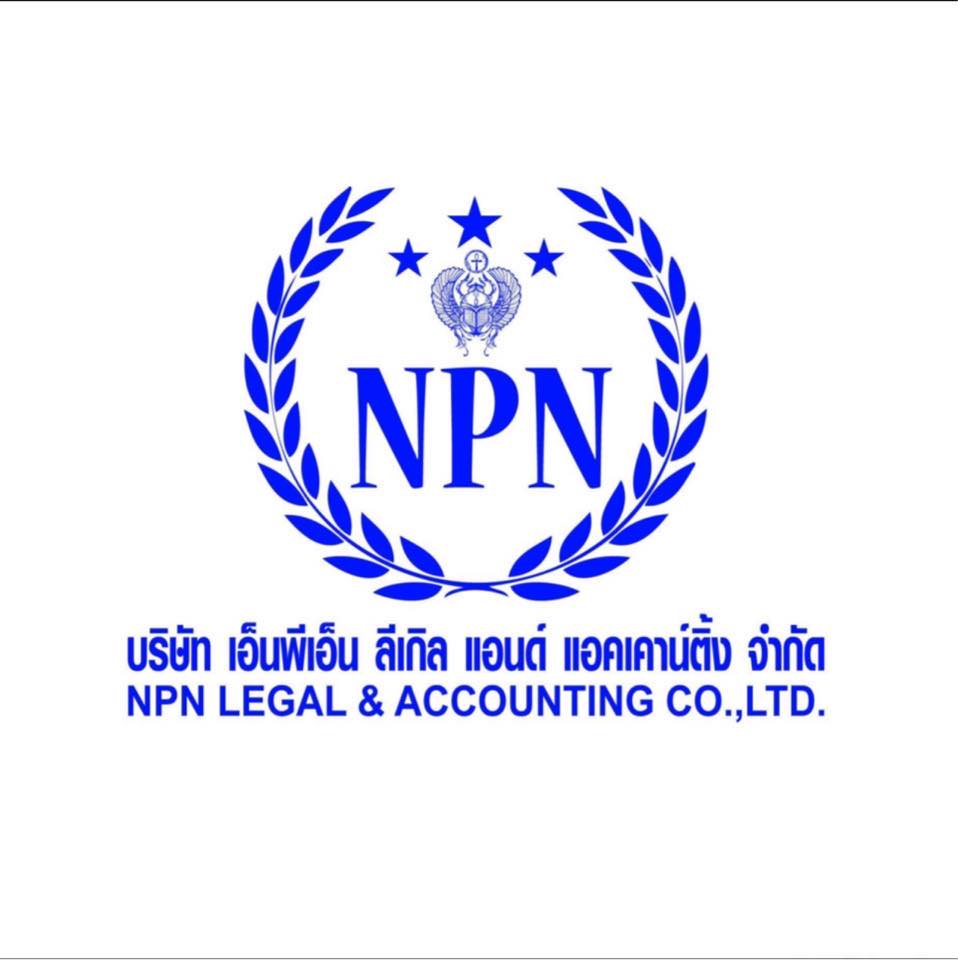Thailand to Amend Taxation Law on Foreign Income Remittance: What You Need to Know
In a significant move towards aligning with international tax practices, the Thai Revenue Department is preparing to draft new legislation that would amend how foreign income remitted to Thailand is taxed. This proposed change is set to impact Thai tax residents, particularly individuals who earn income abroad.
What's Changing?
Under current Thai tax law, foreign-sourced income is only subject to taxation if it is brought into Thailand within the same calendar year it is earned. This has allowed individuals to legally defer taxation by delaying remittance.
However, under the new draft proposal—which seeks to amend Section 41 of the Revenue Code—any individual residing in Thailand for more than 180 days in a calendar year would be required to pay personal income tax on all foreign-sourced income, regardless of when the income is remitted into Thailand.
Why the Change?
The move is part of Thailand's broader effort to modernize its tax system and bring it in line with the global trend of taxing worldwide income. By tightening the rules, the Thai government aims to increase revenue, improve transparency, and ensure fairness in the tax system.
Key Points of the Proposed Legislation:
-
Applies to individuals only: The proposed rule will affect only personal income tax, not corporate income tax.
-
Global income subject to Thai tax: Any income earned overseas will be taxable if the taxpayer qualifies as a Thai tax resident.
-
Timing no longer matters: Remittance timing will no longer shield foreign income from taxation.
-
Exemptions remain limited: Some income categories, such as certain private fund investments, may still be subject to separate rules.
Potential Impact on Taxpayers
If passed, the legislation could have a broad impact on:
-
Expatriates living in Thailand who earn income abroad.
-
Thai nationals working overseas who remit earnings back home.
-
Investors and digital nomads utilizing Thailand as a tax base.
This may also influence high-net-worth individuals and retirees who structure their finances through offshore earnings and remittances.
What Should You Do?
While the law is still in draft form and requires Cabinet and Parliamentary approval, it's important for individuals and businesses to stay ahead of the changes:
-
Review your tax residency status to determine if you fall within the 180-day rule.
-
Consult a tax professional to understand how the changes might affect your income structure.
-
Plan foreign remittances strategically in anticipation of the law's enforcement.
Final Thoughts
Thailand's proposed amendment reflects the country's commitment to a more globally integrated tax framework. While it may bring challenges for some, it also signals a push for greater compliance and fairness in the tax system.
We'll be monitoring this development closely and will provide updates as the legislation progresses through Parliament. Be sure to subscribe to our newsletter or contact our team for personalized tax advice.
